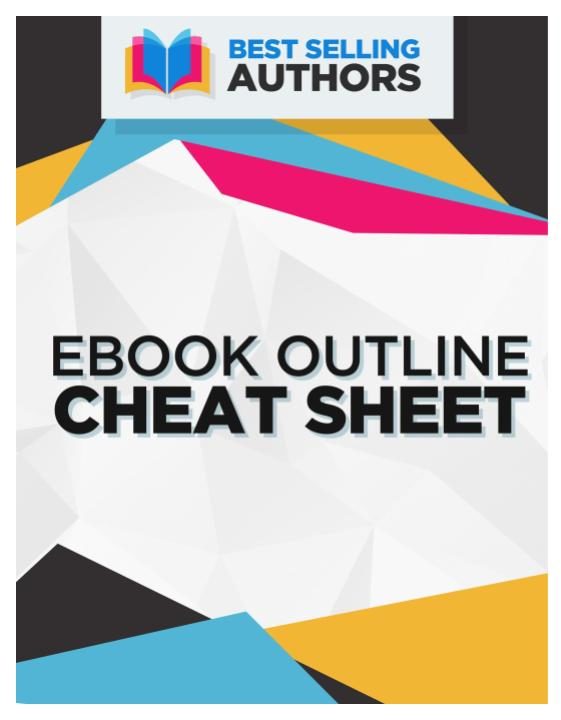“Adverbs are crashers in the syntax house party. More often than not, they should be deleted when they sneak in the back door,” writes Constance Hale, ignoring her own advice before she even reaches the first page of Sin and Syntax: How to Craft Wickedly Effective Prose.
Rennie Browne and Dave King, in Self Editing for Fiction Writers, instruct us to “cut virtually every one you write,” with a similar tongue-in-cheek irony. Elsewhere, it’s even more bad news. Stephen King believes “the road to hell is paved with adverbs.” Harsh words. Why does the adverb come in for such scorn? Why are so many writers so hostile to a component of speech? What has them so riled up?
To answer those questions, let’s first get a definition. The Merriam-Webster dictionary calls the adverb “a word belonging to one of the major form classes in any of numerous languages, typically serving as a modifier of a verb[…]” The sentence “I walk quickly” contains a subject, a verb, and a modifier – in which the adverb ‘quickly’ adds information about how the verb is performed.
We learn the job of adverbs, nouns, adjectives, prepositions, and conjunctions at an early age; all the constituent parts that fuse to form a living language. But rarely, if ever, do style manuals devote chapters to pillorying prepositions, or do we hear horror-writers lamenting our inevitable descent to Hades in a handcart of ‘ands’.
The problem with adverbs stems from overuse or outright misuse. In dialogue, if Mary tells Jack to ‘fuck off’ it’s redundant to say she told him to fuck off angrily. As readers, we can infer Mary’s tone just fine with direct speech.
Overuse is a common theme of bad fiction. The writer wants to paint a vivid picture, but spoils the landscape with blotches of adverbs. It’s almost paradoxical: A surfeit of adverbs dilutes the content. Instead of adding information, modifiers become pleonastic.
Some quarters are more forgiving, though. The Elements of Style, by Strunk and White, was first published in 1919 as a how-to manual for writers. It covers everything a budding scribbler needs to get going, including a comprehensive section on grammar and a style blueprint to help effect clean writing habits right from the start.
It has fallen from favor somewhat in the intervening years. However, The Elements of Style remains a bible for many writers, despite accusations of absolutism and a prescriptive approach to the passive and active voice. Its section on adverbs gives an example of precisely when we should modify our verbs.
Using Adverbs Wisely
Strunk and White begin with a caution: “Write with nouns and verbs, not with adjectives and adverbs.” Caveat over, they reproduce a poem as an example of when adverbs help a piece of work, rather than hinder:
Up the airy mountain
Down the rushy glen
We daren’t go a-hunting
For fear of little men.
The adverbs lend support to rhyme and meter. Their inclusion isn’t essential to the understanding of the poem, and it wouldn’t leave us scratching our heads if they weren’t there. Instead, as the authors rightly state: “[H]ad the mountain not become airy, the glen rushy, William Allingham might never have got off the ground with his poem.”
History is full of writers who buck the trend. In particular, Irish author Frank O’Connor makes plenty of room for the adverb in his work. The Drunkard, for example, sings with Hiberno-English idiom and doesn’t suffer from the liberal application of adverbs throughout the story.
Contemporary writers take the adverb in from the cold, too. In a rejection of this style du jour, one writer describes the adverb as ‘the emjoi of writing’ and champions its usage, despite near-universal disdain. In one example from his Guardian article, Gary Nunn says “hot” and “boiling” aren’t sufficient enough to describe a Sydney summer, so we must “bring out the big guns” and call it “bloody boiling”.
Friend or Foe
So which is it then? Is the adverb a pariah to be “cut out”? Or is it a friend, on equal footing with all the other soldiers of speech? It’s both: If we saturate our writing with unnecessary words, we do it a disservice. On the other hand, a well-placed adverb can add emphasis when nouns and verbs alone just won’t do.
Additionally, adverbs help link ideas. We can start a paragraph with one, to use as a springboard from which to make a point. Stunk and White might object, but I’m here to tell you it’s perfectly fine. As with all writing advice, though, the signposts are just that. They aren’t exact GPS coordinates – there’s no one-size-fits-all set of commandments; the three-act structure serves novelists and screenwriters well, but it’s only a mannequin to drape an outfit over.
“A story should have a beginning, a middle and an end, but not necessarily in that order,” says Jean-Luc Godard. Discretion is the king, as with most things, and the same is true of adverbs: We should be judicious, not generous. Stephen King et al. might disagree, but adverbs are undeniably useful and play their role perfectly when the time is right. Just don’t go overboard and you’ll be fine… honestly.
Sources:
http://fullreads.com/literature/the-drunkard/
https://www.theguardian.com/commentisfree/2019/apr/29/dont-ditch-the-adverb-the-emoji-of-writing


